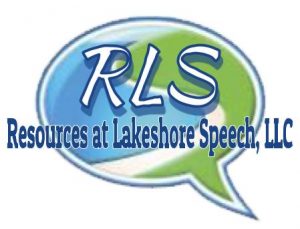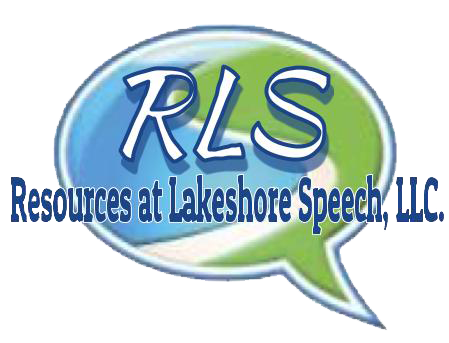A brand new year is days away, and that means we get a chance to make some new resolutions! This year, let’s think about making some special resolutions for speech therapy.
**Practice Every Day:**
One resolution could be to practice your speech exercises every day. Turn practice into playing a game. The more you practice, the better you will become!
**Use My Special Words:**
Use the special words your speech therapist teaches you as much as possible. These words help you talk smoothly, and they make you feel super proud!
**Speak Slowly and Clearly:**
Work on speaking slowly and clearly. This way, everyone can understand you when you talk.
**Tell More Stories:**
Make a resolution to tell more stories or help your child tell more stories. Share your adventures, dreams, and funny moments. It’s a fun way to practice talking.
**Ask Questions:**
Ask more questions and join in conversations. Questions help you learn new things, and it’s a cool way to make friends!
**Read Out Loud:**
Reading out loud is like a speech party! Pick your favorite books and read them to friends, family, or even to a pet. It’s great practice!
**Be Patient and Positive:**
Sometimes, it might feel tricky, but you might want to promise to be patient. Stay positive and celebrate even the small wins. Every step is a step forward!
**Thank Your Speech Helpers:**
We help each other, and this year, thank your speech buddies. We’re in this together!
**Try New Sounds:**
Be adventurous and try new speech sounds. It’s like a fun challenge to make your speech even more awesome!
**Celebrate Progress:**
At the end of each month, celebrate the progress you’ve made. Maybe treat yourself to something special. Yay for progress!
So there you go, friends! These speech therapy resolutions are yours for the taking. Let’s make it an amazing year of talking, growing, and reaching new speech goals together. Here’s to a fantastic year ahead!













